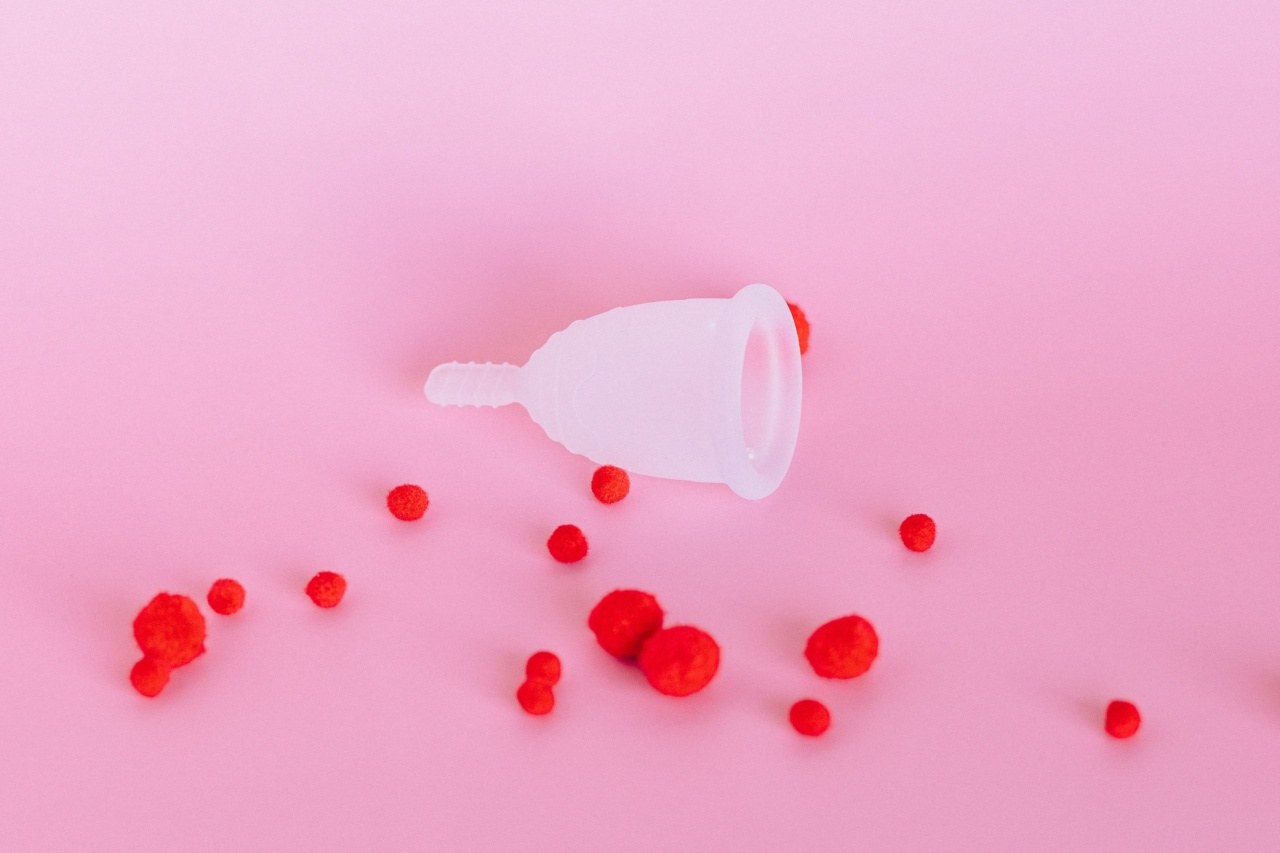Vaginal health is a topic that is often considered taboo, but it is a crucial aspect of women’s overall well-being. Many women may not be aware that there is a link between vaginal health and heart complications.
In this in-depth article, we will explore the connection between the two and provide tips for maintaining good vaginal health to promote heart health.
What is Vaginal Health?
Vaginal health refers to the overall functioning and cleanliness of the female genitalia. A healthy vagina is acidic and contains bacteria that produce lactic acid, which helps to maintain a balanced pH level.
This balance is important because it prevents overgrowth of harmful bacteria, yeast, and viruses that can cause infections. Maintaining healthy vaginal flora helps to protect against sexually transmitted infections (STIs) and urinary tract infections (UTIs). Vaginal health also affects sexual function and can impact fertility and pregnancy.
How Does Vaginal Health Affect Heart Health?
Research has shown that there is a link between vaginal health and heart complications.
One study found that women who have bacterial vaginosis (an overgrowth of harmful bacteria in the vagina) are more likely to have a higher risk of developing heart disease. Bacterial vaginosis causes inflammation in the body, which can lead to buildup in the arteries, increasing the risk of heart disease.
When left untreated, bacterial vaginosis can also lead to pelvic inflammatory disease (PID), which can be a risk factor for heart disease and stroke.
How Can I Improve My Vaginal Health?
Here are some tips for improving vaginal health:.
- Practice good hygiene: Wash your genitals with mild soap and water regularly and after sex.
- Wear breathable clothing: Avoid tight-fitting clothing that can trap moisture and cause irritation.
- Avoid the use of douches: Douching can upset the natural balance of bacteria in the vagina.
- Use protection during sex: Use condoms to help prevent STIs and other infections.
- Eat a healthy diet: Eating a well-balanced diet can help keep your body healthy and prevent infections.
- Stay hydrated: Drinking plenty of water can help flush out bacteria and keep your urinary tract healthy.
When Should I See a Doctor?
It is important to see a doctor if you experience any of the following symptoms:.
- Abnormal discharge: Discharge that is green, yellow, or has a foul odor.
- Itching or burning: Disturbing sensations around the vaginal area, especially during urination or sex.
- Pain during sex: Pain during sex can be a sign of an infection or vaginal dryness.
- Bleeding: If you experience bleeding after sex or between periods, you should see a doctor.
The Bottom Line
Vaginal health is an important aspect of women’s overall well-being and is linked to heart health.
Women should take proactive measures to maintain good vaginal health, including good hygiene practices, wearing breathable clothing, avoiding douches, and practicing safe sex. Pay attention to any symptoms and seek medical attention if you experience any unusual discharge, itching, burning, pain during sex, or bleeding.


























